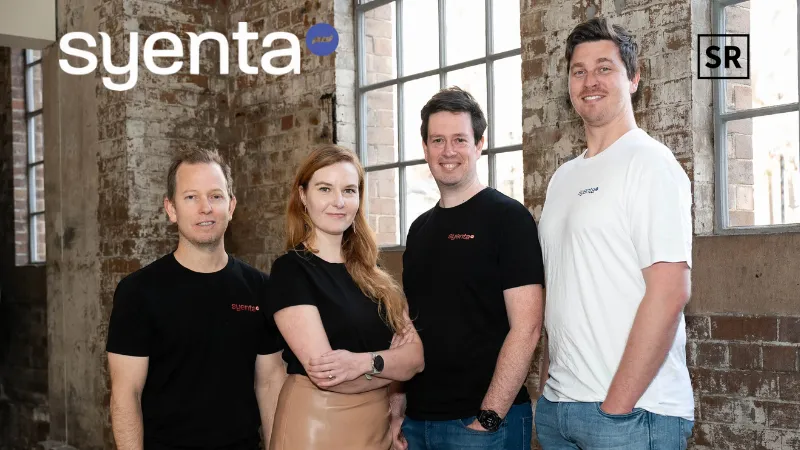
Syenta, a startup that created a new way to build connections inside semiconductor chips for denser and more accurate wiring—helping processors handle the growing size and complexity of AI computing—has raised $8.8 million in pre-Series A funding to bring its technology to market.
The ANU spin-out’s funding round was led by Investible, with participation from existing investors Blackbird Ventures, Jelix Ventures, and Brindabella Capital, along with new investors In-Q-Tel, SGInnovate, OIF, Salus, and Wollemi Capital Group.
Syenta is working on Localized Electrochemical Manufacturing (LEM) — a chip-making process that doesn’t use lithography and allows scalable, high-density connections for advanced chip packaging.
The new funding will help Syenta bring to market a breakthrough chip packaging technology that could power the next generation of AI and high-performance computing.
Cofounder and CEO Dr Jekaterina Viktorova said LEM enables micron-scale resolution in advanced semiconductor packaging. This new way of building the physical connections inside chips means manufacturers can create much denser and more precise wiring, so memory and processors can sit closer together and exchange data much faster and more efficiently.
“LEM is the foundation for a new generation of chip packaging,” she said.
“It offers the scale, performance and manufacturability needed to overcome the critical’ memory wall’ throttling AI systems today.”
Last year the company was selected for ASTRA, the flagship accelerator by Applied Materials, the world’s largest semiconductor company.
“It puts us shoulder-to-shoulder with the industry’s most disruptive innovators and gives us direct access to leaders in the electroplating world, global foundries, OSATs, and materials giants,” Viktorova said.
“It validates LEM as a serious platform for global semiconductor manufacturing.”
Investible lead investor Nicholas Ooi said: “Syenta is a key technology enabler for the next generation of AI infrastructure and high-performance computing HPC chips, particularly as semiconductor chip fabrication levels are unable to keep up with current demand for generative AI infrastructure.”
Read more- Smart Antenna Startup Zetifi Secures $5 Million Grant




